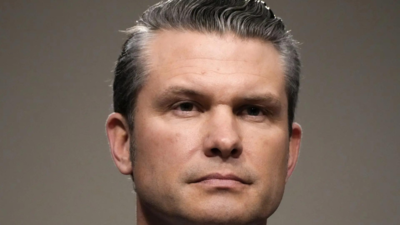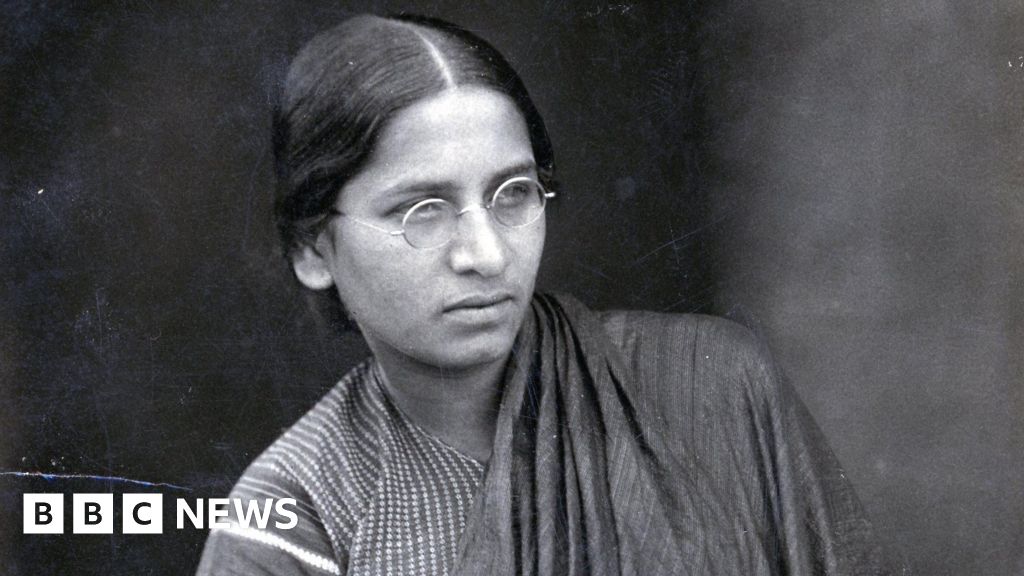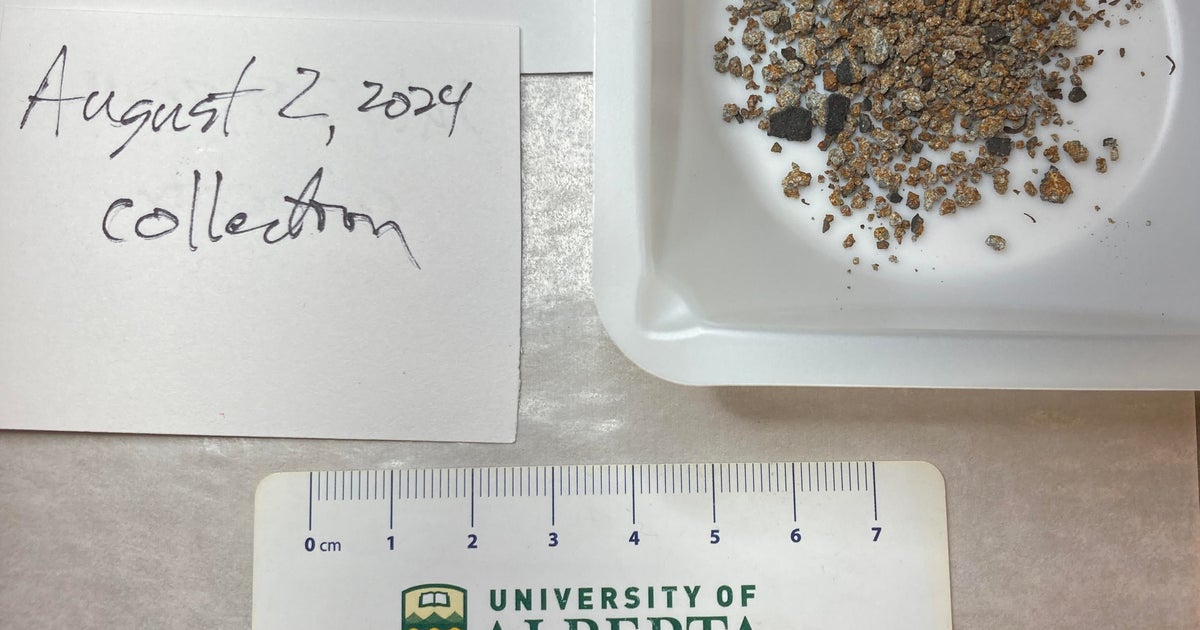
At the Senate Armed Services Committee (SASC) hearing, Pete Hegseth’s Jerusalem Cross tattoo emerged as a focal point.
Hegseth, President Donald Trump’s pick for Secretary of Defence, was grilled on various aspects of his past, including his qualifications and his views on military leadership. However, the discussion quickly shifted to his tattoo.
Senator Kevin Cramer asked Hegseth to address the controversy surrounding the tattoo, which some had labelled as an extremist symbol. Hegseth explained that it was a Jerusalem Cross, “a historic Christian symbol,” not an extremist insignia.
He also pointed out that the same symbol was prominently featured at President Jimmy Carter’s funeral and displayed at the National Cathedral.
WATCH: Sen. Cramer asks Hegseth about Jerusalem cross tattoo
Hegseth’s orders to serve with his National Guard unit during the inauguration of President Joe Biden were allegedly revoked because of his Jerusalem Cross tattoo. Reflecting on the events leading up to the inauguration of President Joe Biden, Hegseth recounted, “I had orders to come to Washington, D.C., to guard that inauguration, and at the last minute, those orders were revoked. I’ve been on orders to a lot of places, but I had never had orders revoked before.”
“If that’s happening to me, how many other patriots, how many people of conscience, have been subjected to similar treatment?” he added.
What's the tattoo?
The tattoo is an image of the Jerusalem Cross with four smaller crosses in the corners. Hegseth’s previous tattoos, including one on his bicep that reads “Deus Vult” (God wills it), have controversial historical connotations.
While the tattoos themselves have sparked social media outrage, Hegseth’s supporters and defenders maintain that they are personal expressions of faith.
The tattoo became a central point in discussions on extremism and military readiness in the Senate hearing, with Hegseth cautioning that the increasing focus on extremism within the military has led to a politicisation of the armed forces.
“Things like focusing on extremism have created a climate inside our ranks that feels political, when it’s never been political before,” said Hegseth.

 6 days ago
10
6 days ago
10










 English (US) ·
English (US) ·